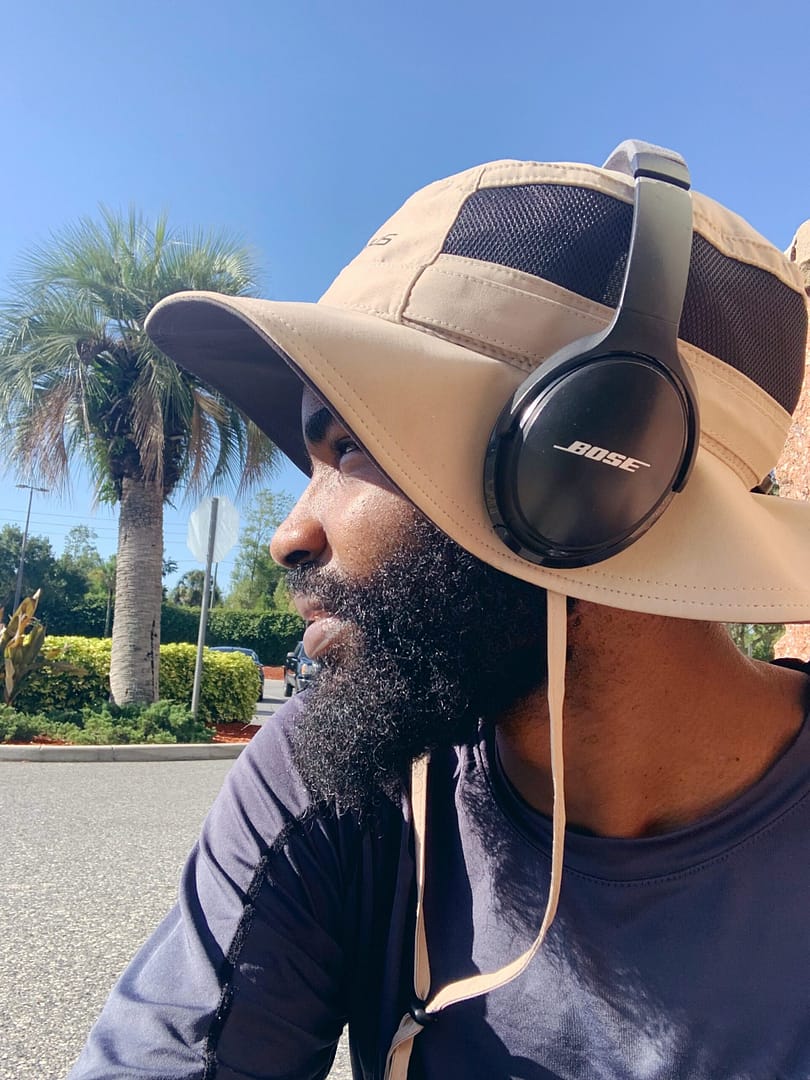The Book of Joy, 8 pillars by the Dalai Lama, Desmond Tutu, and Douglas Abrams.
The Dalai Lama and Archbishop Tutu.
The Book of Joy 8 Pillars by the Dalai Lama, Desmond Tutu, and Douglas Abram, Summary and Notes.
What Is The Book of Joy About?
…
The Book of Joy 8 Pillars on Joy and Happiness
1. Joy Is a Natural Part of Being Human
Joy is something we all have inside us, but sometimes things like chasing money or worrying about what others think can hide it. These things can make us feel unhappy.
To find joy again, says the Dalai Lama, is to try things like being mindful, meditating, or looking at life with a positive attitude. Also, be kind to yourself and others – this helps you feel more connected to your true happiness.
2. Pain and Struggles Can Help Us Find Joy
Everyone faces pain and struggles, but sometimes we feel like we’re the only ones. And when we think this way, it can make our problems feel even worse.
The trick is, explains the authors, is to remember that other people also have tough times. And when you focus on helping others, it can turn your own hard moments into chances to grow and feel joy.
3. Compassion is the Secret to Lasting Joy
The word “compassion” comes from the Hebrew word, rachamim, which means “womb,” symbolizing nurturing and caring for others, is like nurturing them.
Lama and Tutu remind us that, being compassionate, or really caring about others, helps you feel more connected and peaceful. When you’re kind and generous, you’ll find that it brings happiness not just to others, but to you too.
4. Meditation Can Help You Build a Stronger Mind
“Sometimes our negative thoughts and feelings can get in the way of joy,” explains the authors, and meditation is a great way to calm your mind and take control of those thoughts.
Even just a little time spent meditating each day can make a big difference. It helps you clear your mind, let go of bad thoughts, and feel more peaceful and happy.
“By practicing self-awareness and detachment,” says the Dalai Lama, “you can quiet your mind and let go of destructive thoughts. Even brief meditation sessions can improve your emotional state and help you cultivate a joyful mindset.”
5. Find Meaning in Hard Times to Turn Pain into Joy
“Everyone experiences tough times,” says the authors, but how we handle them makes a huge difference.
If you keep focusing on the bad stuff, it’ll just make things worse. But if you can find meaning or a lesson in the struggle, it can help you grow and turn your pain into something positive.
Like Mark Manson says, “Accepting the hard stuff can be a positive experience.” So instead of seeing suffering as something to avoid, try to see it as a chance to learn and become stronger.
6. Human Connection Is Key to Happiness
Being alone too much can make it harder to feel happy. People need others to feel good, and we do best when we build strong friendships and trust.
“Being kind to others,” says the authors, and “spending time with friends is a great way to bring more happiness into your life and everyone around you.”
7. Accept Life as It Is While Trying to Make It Better
The authors point out that Joy doesn’t mean ignoring problems. Instead, it’s about accepting that life isn’t perfect, but we’re still working to make things better.
There are many examples in history where people stayed strong during hard times, like nurses and doctors who risked their lives during the Ebola outbreak. These acts of bravery show how people can do good things, even in tough situations.
8. Forgiveness Brings Healing and Happiness
“When you stay angry at someone,” says the Dalai Lama, “it keeps you stuck in the past and makes it harder to feel happy now.” And so, forgiving someone helps you let go of that hurt and move on.
There’s a practice in Buddhism called tonglen, that I’d mentioned in from the book When Things Fall Apart, where you take on others’ pain and replace it with love and kindness.
This helps heal both you and others and spreads peace.
…
To recap
- Joy is Part of Being Human
Joy is something everyone can feel, but sometimes life’s struggles can make it hard to notice. With practice, you can learn how to find and keep joy in your life. - Understanding Pain Helps you Find Joy
Pain and tough times are a part of life. When you understand that everyone faces challenges, it’ll help you feel less alone. This understanding can help you see the good and find joy, even in hard moments. - Compassion Brings Lasting Joy
When you care about others and show kindness, it makes you feel closer to them. And so, helping others not only makes them happy, but it can also bring happiness to you as well. - Meditation Helps you Stay Strong
Taking time to think and relax (like through meditation) can help you manage your emotions. This makes you stronger and more able to stay happy, even when things are hard. - Finding Meaning in Hard Times
As Mark Mason reminds us, “Suffering is inevitable, but it doesn’t have to be meaningless.” When you find purpose in difficult experiences, you can transform that pain into personal growth and joy. Even when you’re going through tough times, you can still find something good or important in it. So remember that. And when you see how you grow from difficult experiences, it can turn your pain into a chance for personal growth and more joy. - Friendships and Relationships Bring Joy
Remember: Spending time with people we care about is one of the best ways to feel happy. Building strong friendships and relying on others helps us feel supported and loved. - Accept Life, but Still Work for Change
You can accept life as it is, while also trying to make yourself and the world better. Balancing both is a good way to keep joy in your life. - Forgiveness Helps you Heal
When you hold onto anger or hurt, it can stop you from feeling happy. That’s why you need to forgive my friend. Forgiveness allows you to let go of the past and heal, which will create space for joy in your life.
Why You Should Read The Book of Joy
The Book of Joy shares helpful ideas and wise thoughts for anyone who wants to handle life’s tough times and find happiness. By using these lessons every day, you can feel more peaceful, build better friendships, and live a life that feels important.
Buy this book to learn how to fill your life with joy, kindness, and strength!
About the Authors
- The Dalai Lama:
The 14th Dalai Lama became the spiritual leader of Tibetan Buddhism at just two years old. He has received the Nobel Peace Prize (1989) and the U.S. Congressional Medal (2007). He is the author of several bestsellers, including The Art of Happiness and How to See Yourself as You Really Are. - Archbishop Desmond Tutu:
Desmond Tutu is the retired Archbishop Emeritus of Southern Africa. He played a significant role in South Africa’s Truth and Reconciliation Commission and has received honors such as the Nobel Peace Prize (1984) and the Presidential Medal of Freedom (2009). His works include No Future Without Forgiveness and God Has a Dream. - Douglas Abrams:
Douglas Abrams is an author, editor, and founder of Idea Architects, a firm dedicated to promoting impactful ideas. He has worked closely with Archbishop Tutu on multiple books and is a bestselling novelist.
This summary is not a substitute for the original book. All quotes and ideas are credited to the authors and publisher. Thank you.





![Spirituality & Mindfulness [Book Summaries & PDF] Spirituality & Mindfulness [Book Summaries & PDF]](https://mlfwe0uloqyb.i.optimole.com/w:150/h:150/q:mauto/rt:fill/g:ce/ig:avif/https://www.leapessence.com/wp-content/uploads/2017/10/shutterstock_424779253-1.jpg)




